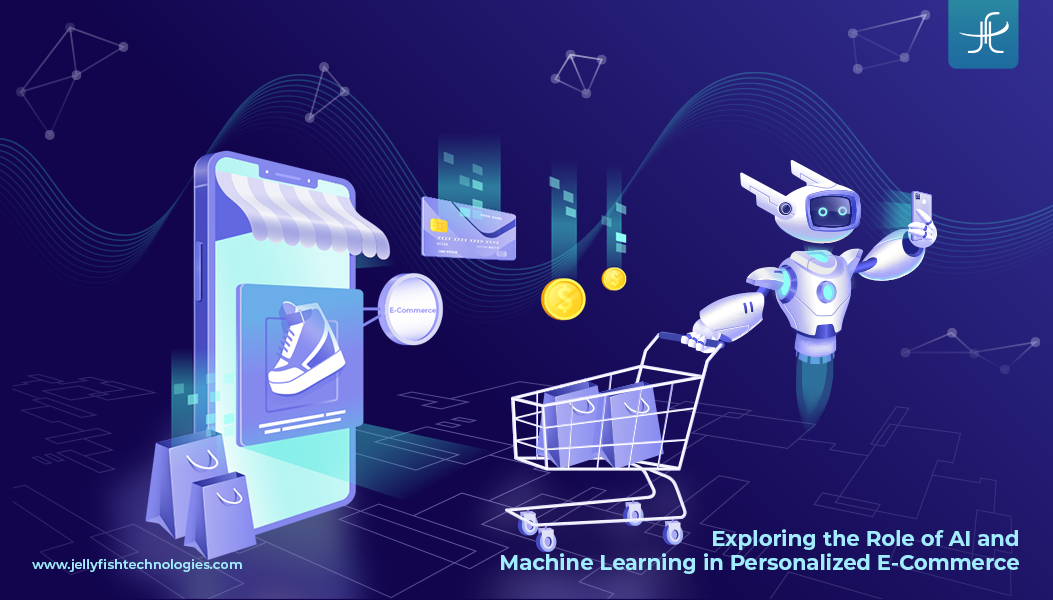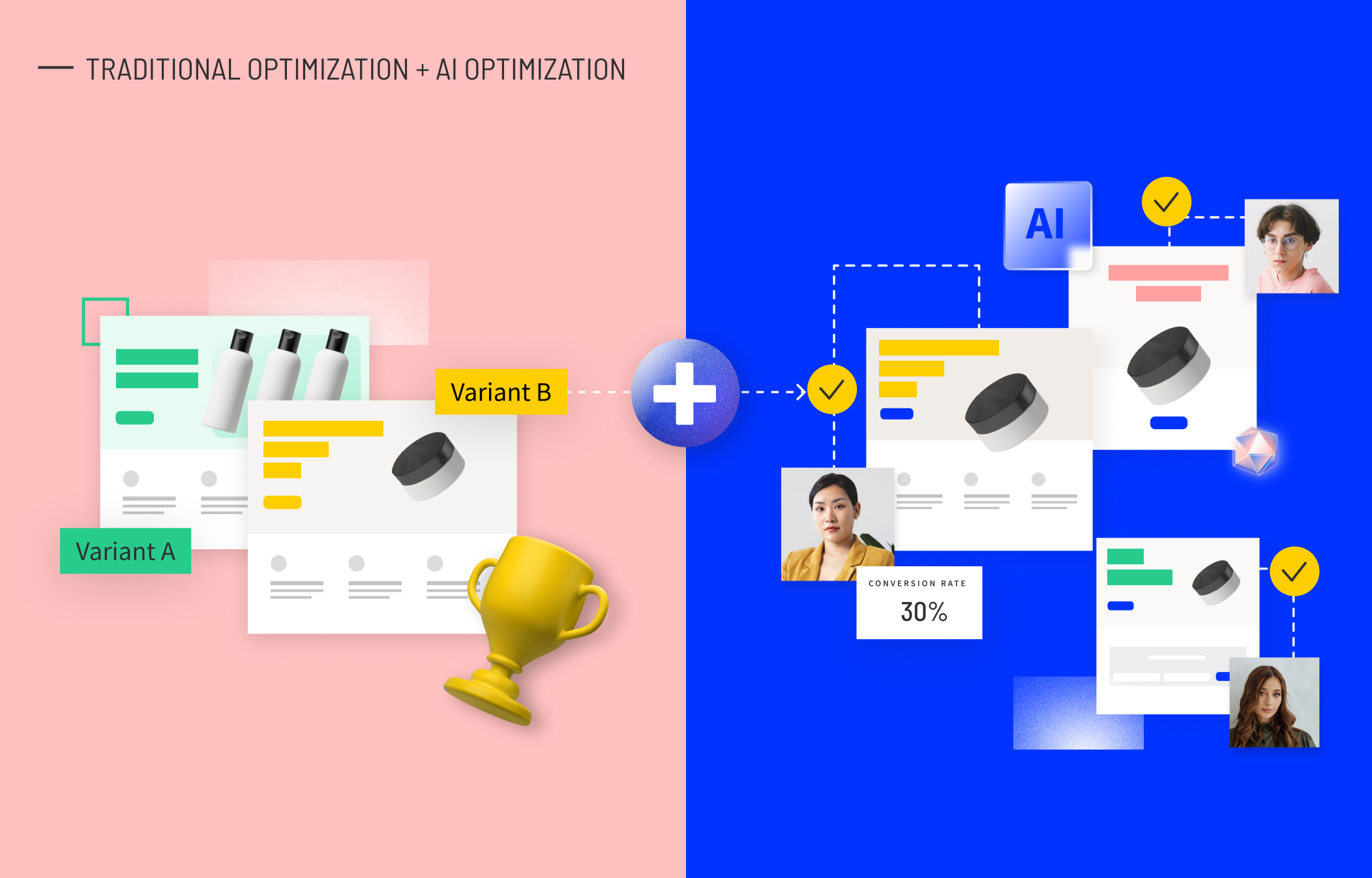Introduction
The rise of AI in content marketing has redefined the landscape for digital marketers and business owners. AI Marketing, empowered by Artificial Intelligent technologies, enables brands to generate personalized, data-driven content at an unprecedented scale. In an era where content volume and relevance are paramount, AI offers a significant advantage.
Conversion-focused content is the key to driving business outcomes. It’s not just about publishing frequently — it’s about publishing strategically. With Artificial Intelligent systems, businesses can now target, personalize, and optimize content for every stage of the customer journey, increasing the odds of turning readers into buyers.
Understanding AI Content Generation
AI-generated content refers to digital content created with the help of Artificial Intelligent software. These tools are trained on vast datasets and leverage Natural Language Processing to craft coherent, targeted blog posts, articles, emails, and more.
At the core of AI content generation are technologies such as NLP, machine learning, and neural networks. These enable machines to analyze context, emulate human tone, and predict the kind of content that will resonate with specific audiences — all essential components in AI Marketing.
AI-assisted content allows humans to guide and refine AI-generated outputs, while AI-automated content minimizes human involvement entirely. Both approaches can be effective depending on the needs and resources of the organization.

The Role of AI in High-Converting Content
AI systems are capable of analyzing vast datasets to understand user preferences, online behavior, and intent. This data-driven insight allows marketers to craft content that is hyper-relevant and conversion-focused.
Through segmentation and personalization, Artificial Intelligent tools ensure that the content speaks directly to different buyer personas, boosting engagement and action.
AI can also run automated A/B tests to assess which versions of content perform better. By continuously optimizing based on results, AI improves conversion rates over time.

Scaling Blog Production with AI
Artificial Intelligent tools can generate blog drafts within minutes. This makes it feasible to scale content production massively, allowing businesses to reach the milestone of 100 blogs in a matter of weeks.
Many AI content platforms integrate directly with popular CMS platforms. This reduces friction, streamlines publishing, and accelerates the go-to-market process.
Compared to hiring a full-time writing team, using AI Marketing platforms significantly reduces content production costs and turnaround times.

Optimizing for SEO with AI
AI can automate keyword discovery and clustering, identifying high-opportunity search terms. This helps marketers build content strategies around topics that are likely to drive traffic.
With NLP, AI understands user intent and semantic relevance, making it easier to create SEO-friendly content that ranks higher on search engines.
AI also supports on-page SEO tasks such as optimizing meta titles, descriptions, headers, and even internal linking strategies, ensuring every piece of content is search-optimized.
Enhancing User Engagement
AI-generated titles and CTAs are based on proven engagement patterns. These tools test different variations to determine what captures attention and prompts clicks.
AI optimizes readability by structuring content into digestible sections. This keeps users engaged longer and reduces bounce rates.
Artificial Intelligent systems can suggest improvements in tone and clarity, helping brands maintain a consistent voice while ensuring the message is impactful and easy to understand.

AI and Conversion Rate Optimization (CRO)
AI tailors content to the reader’s position in the sales funnel. Whether they are new leads or returning customers, AI-generated content addresses their specific needs.
Using predictive analytics, AI forecasts which content types are likely to drive conversions, helping marketers prioritize high-impact topics.
From optimized headlines to persuasive copy, AI can create content that enhances the effectiveness of landing pages and other high-conversion areas.

Maintaining Quality at Scale
While AI handles the bulk of content creation, human editors ensure quality control. This collaboration maintains a high editorial standard.
AI platforms often feature learning loops that improve over time based on performance feedback. The more content it generates and reviews, the smarter it becomes.
AI tools help detect duplication and maintain originality by cross-checking against large databases, which is critical for SEO and credibility.
Case Studies: Brands Succeeding with AI Content
A B2B SaaS company implemented AI to publish over 100 blog posts in three months, boosting traffic by 30% and doubling lead conversions.
An e-commerce brand automated product page content using AI, increasing SEO rankings and enhancing customer experience with tailored descriptions.
An affiliate marketing blog scaled from 20 to 120 posts in six months using AI, which led to a 200% increase in revenue.

Common Pitfalls and How to Avoid Them
Overusing automation can lead to generic content. Brands must balance AI efficiency with strategic human input.
AI content must align with brand voice and identity. Custom instructions and editorial oversight are necessary to maintain brand integrity.
Legal and ethical issues — such as misinformation or copyright concerns — should be considered when deploying AI at scale. Always fact-check and ensure transparency.
Choosing the Right AI Content Tools
Popular tools like Jasper, ChatGPT, and Copy.ai offer different features for content generation. Choosing the right tool depends on your specific content needs.
Your AI tool should match your business objectives — whether that’s volume, tone accuracy, or SEO performance.
Look at long-term ROI. While some platforms may seem costly upfront, the time and resource savings they offer often outweigh initial investments.
Integrating AI Into Your Content Strategy
Team training is critical for successful AI implementation. Everyone involved in content creation should understand how to use AI tools effectively.
AI can automate the entire content calendar process by suggesting topics and scheduling content based on data trends and audience behavior.
Many AI platforms offer analytics dashboards that track performance and suggest continuous optimization — enabling smarter content strategies.
The Future of AI Content Generation
Generative AI continues to evolve, with new capabilities like voice synthesis, language translation, and emotion detection expanding its usefulness in content creation.
Multimodal content — combining text with AI-generated images, video, or audio — will soon become standard for comprehensive blog strategies.
Collaboration between AI and human writers will be the gold standard. This synergy enhances creativity while ensuring speed and accuracy.
Conclusion
AI-powered blog generation is not just a trend — it’s the future of content marketing. With the help of AI Marketing tools, businesses can create 100 conversion-optimized blogs efficiently, affordably, and strategically.
To remain competitive, it’s time to embrace Artificial Intelligent technologies in your content workflows. Begin with a hybrid approach, test results, and scale as needed.

